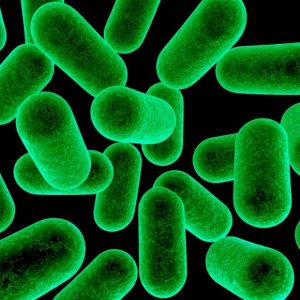Microbiomes: nature or nurture?

Many believe microbiome composition begins with our genes; however, evidence shows that the environment plays a bigger part than first thought.
 10952
10952
Researchers at the Weizmann Institute of Science (Rehovot, Israel) have shown that a person’s genetics only accounts for 2% of the variation between microbiome populations. The results of the study, published in Nature, suggest that other environmental factors such as diet and lifestyle are overwhelmingly the factors that contribute the most to gut microbiome diversity.
The microbiome has been linked with many common health disorders and diseases. Its composition is unique to each host and therefore linked to the health of each person. Changing the diversity of bacteria that reside in a person’s gut has been shown to influence that person’s health.
This study used a database of 1000 Israeli participants who had participated in a personalized nutrition programme. Data collected included: genetics, gut composition, diet, medication and lifestyle. Israel was perceived as a perfect cohort for this type of genetic study due to the diverse genetic profiles of the country’s population.
The researchers looked at the association between the different factors and composition of the participants’ guts. For most of the factors, particularly the clinical parameters, there was more of an association between the genomes of the bacteria, not the human host. Therefore changing the gut diversity could be therapeutic, as author Eran Segal explains:
“We cannot change our genes, but we now know that we can affect– and even reshape – the composition of the different kinds of bacteria we host in our bodies. So the findings of our research are quite hopeful; they suggest that our microbiome could be a powerful means for improving our health.”
The group hope that their already extensive database can be added to in order to help answer more questions surrounding the microbiome and its effect on our health.